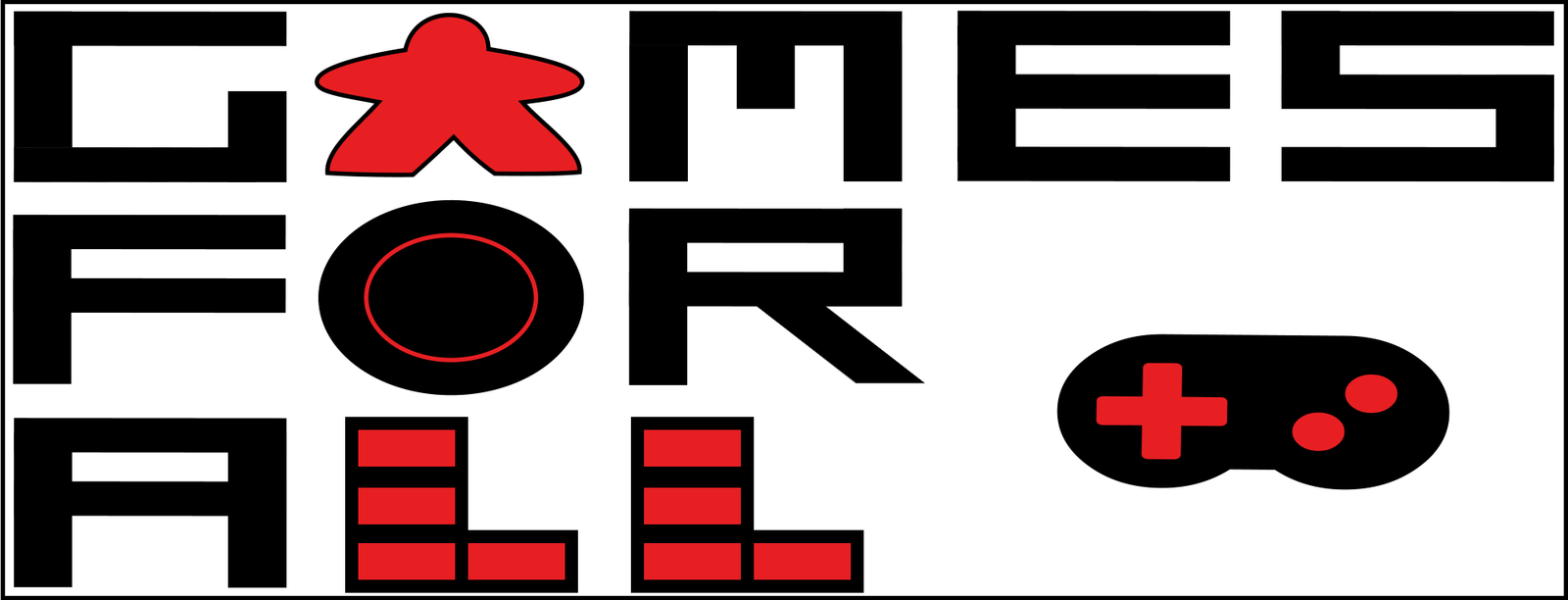As with video games board games have a language all of their own too! It’s highly confusing but hopefully this will help you understand it a bit better.

Meeple – the term for the little wooden people that are common in many board games – a blend of ‘my’ and ‘people’.
Worker Placement – a game type where you have to choose the tasks you want to do in a round by putting your ‘workers’ (usually meeples or cubes) onto the options available, often these options let you collect resources, or use resources to build items that will give you victory points.
Resources – the term given to any item that will be used to build/make anything else. Usually you have to spend time collecting them. They are most often wood, metal or food.
Victory Points – these decide who the winner is! Throughout a game the actions you take will be worth a certain number of victory points and these are tallied up at the end to see who has won.

Hand – the term given for the cards you are holding at any one time. Some games allow you to have an infinite number of cards in your hand, others limit you in how many you can hold.
Hand Management – a game where you need to control which cards are in your hand as they can determine whether you win or lose.
Drafting – a game where the component you are allowed to use – cards or dice – are selected by taking one from a selection in front of you, then passing the rest to the next person along, you continue this until all the components have been chosen.
Hidden Role – a game where you have a task to do that must be kept secret from the other players. Usually it is split into Good and Bad, those who want the game to succeed and those who want it to fail. If there are multiple hidden roles, games often incorporate a mechanic requiring you to close your eyes and open them at certain times so you can learn who your allies are.

Polyhedral Dice/D(x) – D stands for die and the (x) is a number. The most common are: d4 – 4 sides, d6 – 6, d8 – 8, d10 – 10 though these can come in tens (10, 20, 30 etc.) and in 1s (1, 2, 3 etc.) This allows you to roll a d(100) by rolling the 2 of them and combining the numbers, d12 – 12 and d20-20.
Area Control – in these games you are trying to make sure areas, usually on a map, have more of your pieces in than the other players. They can also be played so there are areas that are more desirable than others and you are competing to have more pieces in those ones.
Dexterity – These games often rely on your ability to balance objects on top of each other, or make objects move the way you want them to.
Programming – In these games you select a number of moves in advance, usually some can be seen by the rest of the players and some cannot be seen – you have to guess what people are doing. Then all the actions are done in the order they were played – often leading to hilarity.
Magic the Gathering (MtG) – one of the very first collectable card games, players draw cards from a shuffled deck and use ‘mana’ cards to bring monsters and spells to the table which have various effects – usually the ability to ‘damage’ other players. The objective is to reduce your enemies health to 0. Many games are heavily influenced by MtG and it is used as a descriptor for other card games which use similar mechanics.

Collectable Card Game (CCG) – games like MtG, Pokemon and Yu-Gi-Oh are CCGs, you can buy a starter deck with known cards, but then all the other cards are bought at random in sealed packets so you don’t know what you are getting. New packs are released regularly. This can be incredibly expensive!
Living Card Games (LCG) – follows the same concept as CCG’s except you know exactly which cards you are getting in each pack, They are still expensive to buy, but at least there is no randomness when purchasing them.
Deck – all the cards you are allowed to use start off in the deck
Discard pile/Graveyard – where the cards you have used go
Deck Builder – You start with a small deck of cards which allow you to ‘buy’ cards from the middle of the table, and place in your discard pile. Once your deck is empty you shuffle your discard pile to make a new deck, growing it as you play. All the cards in the game are available to any player, you decide how you will specialise and you can stop other players by buying cards they may want.

Betting/Wagering – As you may have guessed these games involve guessing the outcomes of random events and placing bets on them using in game items or currency.
Auctioning – You compete with other players to get the components you want by bidding on them.
4X – explore, expand, exploit and exterminate. A sub genre of strategy games where you can win by being the best at any one of the 4 ‘x’s. Building the best civilization, conquering the world, exploring more than others, or gaining the most resources through exploiting the land.
Story-telling – a game that plays like an adventure book, where your choices allow the story to continue
Legacy – a relatively new type of game which can only be played through fully once – usually with cards and maps being modified with stickers or ripped up as the game progresses.
Co-Op – A game where people work together against the board towards the same goal, or against one other player who is playing the bad guy.
Player Elimination – A game where you need to reduce other player’s health or resources to 0
Role-Playing – you take on the character of whatever you are playing as pretending to be them. They can be played with miniatures on a map, or completely in the players mind.
Set collection – You need to collect all the components of a certain type, earning more victory points the more matches you have.
Trick-taking – a game where you try to play the ‘best’ card combination out of all other players so you can claim the cards or the victory points for yourself.
Engine-building – A game where you have a combination of abilities and you set them up in such a way that it works like an engine – usually taking in resources and pushing out victory points, or playing a card, which lets you play another, which lets you play another and so on.

Tile-Placement – A game where how you place your components (usually tile shapes) is the most important part. They use similar mechanics to dominoes, you can place tiles linking to one another only if certain conditions are met. If you mess up then often you are penalised by not being able to place anything for a turn.
Roll and Move – roll a dice or spin a spinner in order to move that number of spaces along a board.
Wargaming – players control 2 separate armies and by moving them around the board or tabletop and using combat abilities fight to see which one wins.
Trading – players have to make deals with one another for key components and resources, the winner is the person who can strike the best deals for themselves.
Pattern recognition/ Memory- games which reward you for being able to memorise certain patterns or spot different patterns.

Dice Rolling – games which rely on rolling dice to determine what actions you can take
Press your Luck – games with a high risk/reward balance – you get more points the more risks you take, but it can lead to it all tumbling down if you fail.
Connection – games where you have to link points together, the more points linked, or the longer a chain made the more victory points you get.
Simultaneous Action – All players have to make their move at the same time as one another.
Asymmetric – a game where players are playing against each other but have completely different objectives or completely different abilities.

